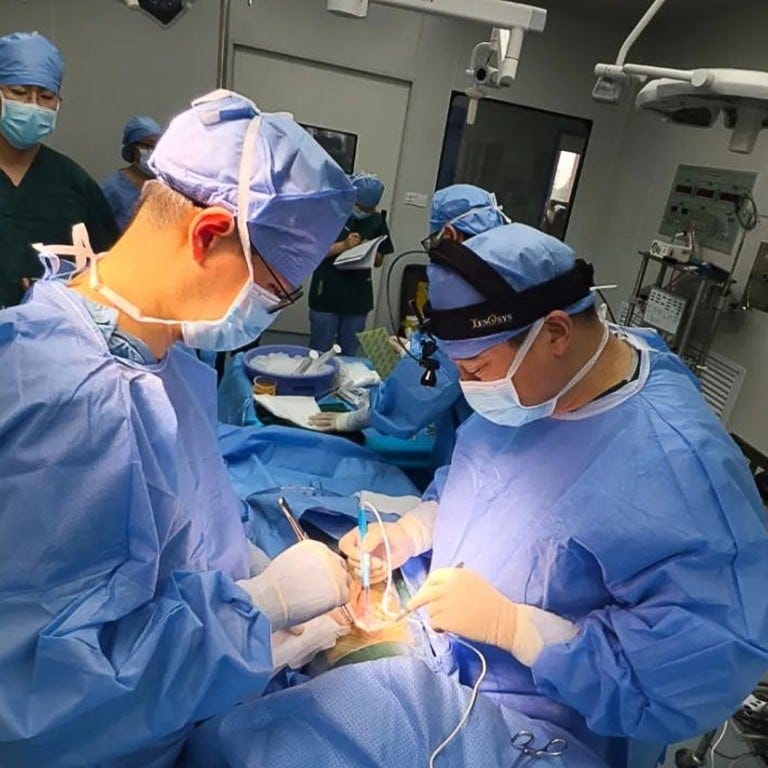Chinese Scientists Lead the Way
Pioneering Gene-Edited Pig Liver Transplants in Humans

In a groundbreaking development in the field of xenotransplantation, Chinese medical professionals have successfully transplanted a gene-edited pig's liver into a living patient. This landmark procedure, car…

